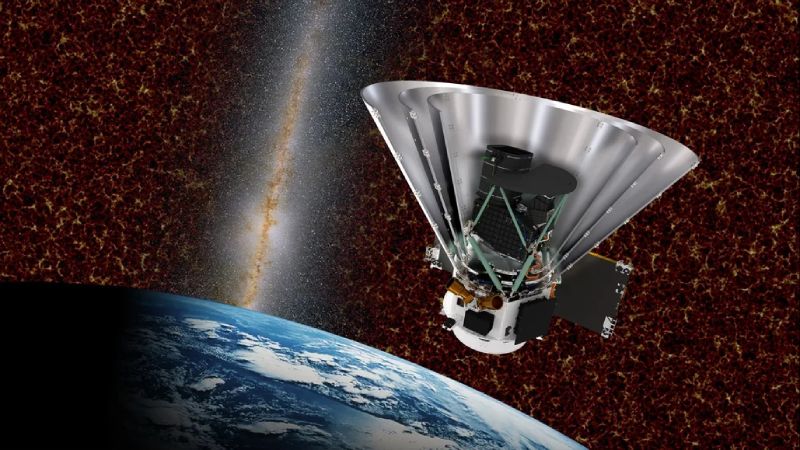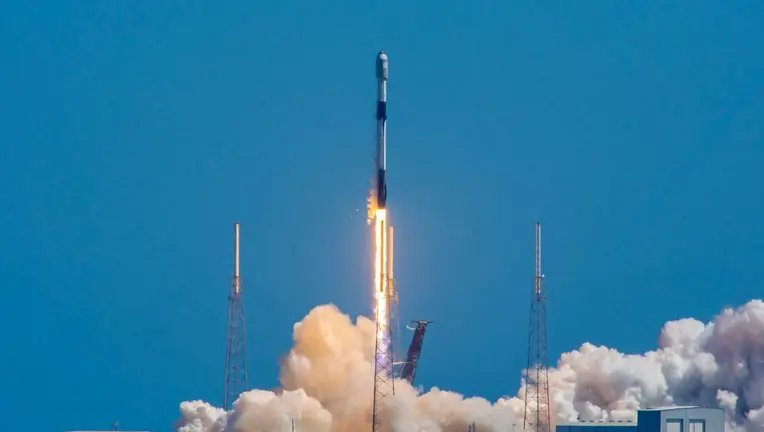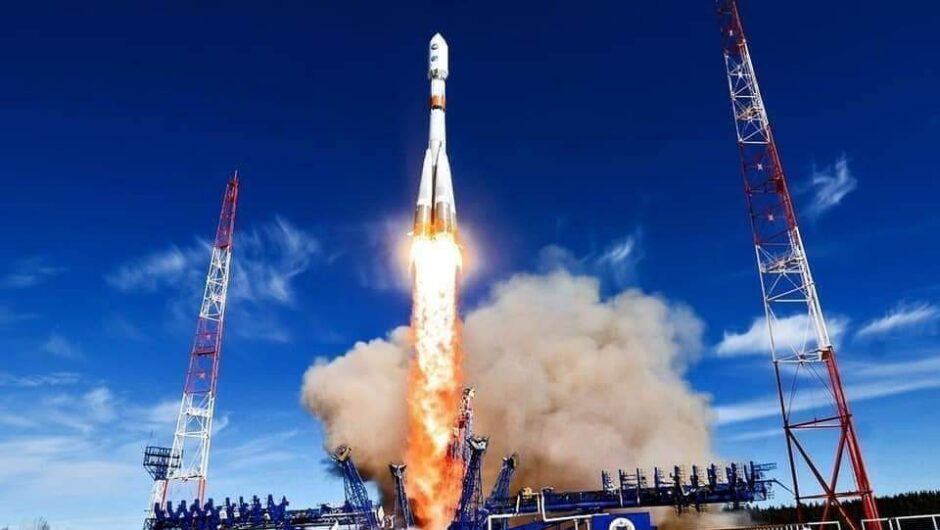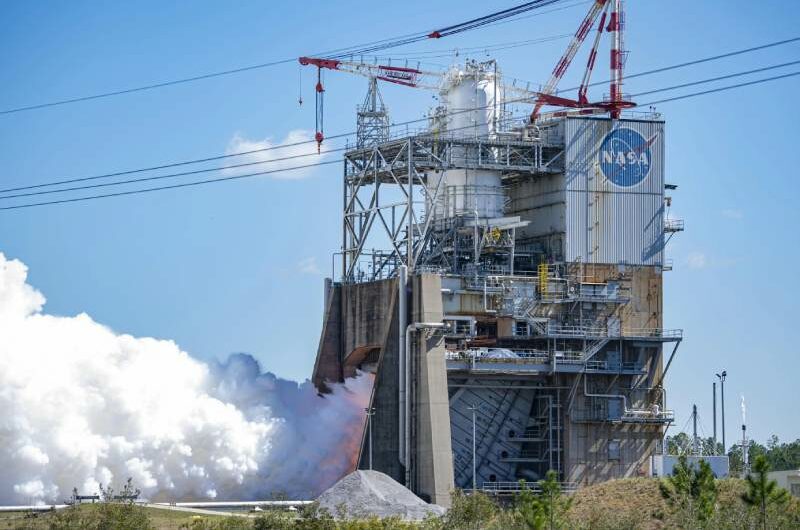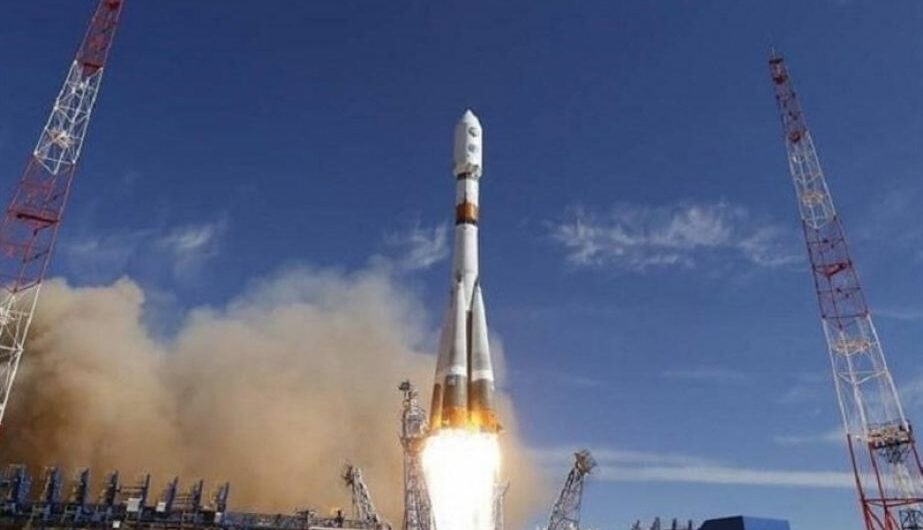A new chapter in the global competition for satellite-based internet services has begun as China has increased its efforts in the field of space technology. The Starlink program of SpaceX is being directly challenged by this development, which coincides with the launch of China’s G60 megaconstellation satellite initiative in Shanghai.
Against Tesla’s Starlink, the G60 satellites will compete
Based in Shanghai’s G60 Starlink industrial base, the newly established digital production plant, supported by the local government, has begun launching commercial satellites. This development is a component of China’s larger plan to fortify its position in the commercial satellite industry, which is widely acknowledged as a crucial arena for technological innovation and global competitiveness.
The factory intends to create a competitive global industry chain by 2027 and plans to launch and operate at least 108 satellites by 2024. A major advancement has been made with the factory’s impressive 300 satellites per year production capacity, which cuts the time it takes to build a satellite from months to just one and a half days.
It’s crucial to remember, though, that China’s production rate still lags behind SpaceX’s Starlink, which builds six satellites every day. This disparity emphasizes how competitive the industry is and how difficult it will be for China to overtake more established firms.
China is determined to match, if not surpass, Elon Musk’s Starlink project, as demonstrated by the G60 Starlink project and the Guo Wang national network. The strategic significance of the Yangtze River Delta region’s high-tech manufacturing capabilities and the backing of the Shanghai government have propelled the G60 project, which got underway in 2016.
China’s entry into the aerospace information industry is more than just a technological endeavor; it’s a calculated move in the context of the global economy, as the industry is predicted to grow significantly by 2025. In addition to being a satellite technology achievement, the G60 megaconstellation is an important link in an industrial chain that processes enormous volumes of data from satellites and involves deep learning, artificial intelligence, and data services.
This evolution indicates the increasing significance of satellite-based internet services and the escalating worldwide rivalry to control this rapidly expanding market. The world is watching China’s progress to see how this race will affect future developments in internet connectivity and technological dominance worldwide.
Topics #Aerospace #China's G60 Megaconstellation #Satellite Technology #SpaceX #Yangtze River Delta

